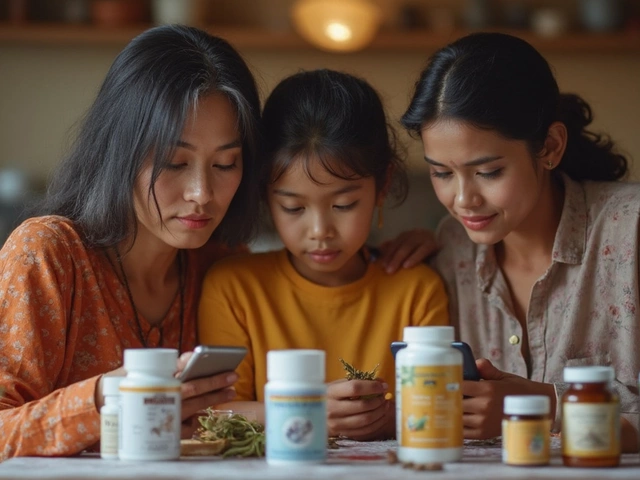IVF Age Limit: What You Should Know Before Starting
If you’re thinking about IVF, the first question that pops up is usually “How old am I too old for this?” The short answer: most clinics set a practical age ceiling, but it’s not a hard wall. Age is a key factor because egg quality drops, and that directly impacts success rates. Knowing the numbers helps you plan, set realistic expectations, and decide if you need extra help like donor eggs.
Typical Age Cut‑offs Used by Clinics
In India, many fertility centers stop offering IVF with a woman’s own eggs after she turns 45. Some will still take patients up to 48 if the ovarian reserve looks decent on a scan. A handful of high‑end clinics may extend to 50, but they usually require additional testing and a higher fee. Male age isn’t ignored either—sperm quality can decline after 50, though most labs are more flexible on the male side.
What drives these limits? The main culprits are the antral follicle count (AFC) and anti‑Müllerian hormone (AMH) levels. Low numbers suggest fewer good eggs, which means lower chances of a healthy pregnancy. When your tests show very low reserves, doctors often suggest donor eggs as a safer alternative.
How Age Affects Success Rates
Success drops sharply after 35. A 30‑year‑old might see a 45‑50% live‑birth rate per cycle, while a 40‑year‑old usually lands in the 20‑25% range. By 45, the odds often slide below 10% unless donor eggs are used. These percentages reflect the average; individual outcomes can differ based on health, lifestyle, and the clinic’s expertise.
Beyond numbers, older women face higher risks of pregnancy complications—gestational diabetes, high blood pressure, and pre‑eclampsia are more common. That’s why a thorough health check is mandatory before starting IVF after 40.
If you’re approaching the upper limit, consider these steps:
- Get a comprehensive fertility assessment (AMH, AFC, hormone panel).
- Discuss the option of using donor eggs early, not as a last‑ditch plan.
- Look into pre‑implantation genetic testing (PGT) to screen embryos for chromosomal issues.
- Adopt a healthy lifestyle—balanced diet, regular exercise, and quitting smoking can improve outcomes.
Remember, age is just one piece of the puzzle. Your overall health, the quality of the IVF lab, and the expertise of the embryologist also matter a lot.
Bottom line: If you’re under 35, you’re well within the sweet spot for IVF with your own eggs. Between 35‑40, success is still solid but you should be prepared for a slightly lower chance per cycle. After 40, start planning for additional support like donor eggs or genetic testing. And if you’re over 45, talk openly with your doctor about realistic expectations and all available options.
Don’t let the age number scare you—use it as a guide to make smarter choices. Talk to a trusted fertility specialist, get the right tests, and decide what route feels safest for you and your family.

Age Limit in IVF: What You Need to Know
Explore the age limitations for IVF treatment, focusing on when women typically have the best success rates. Discover important factors age plays in fertility and how it affects reproductive options. Learn interesting facts about IVF trends and tips for those considering treatment later in life. This article provides practical insights to help navigate the complexities of IVF with age as a factor.




